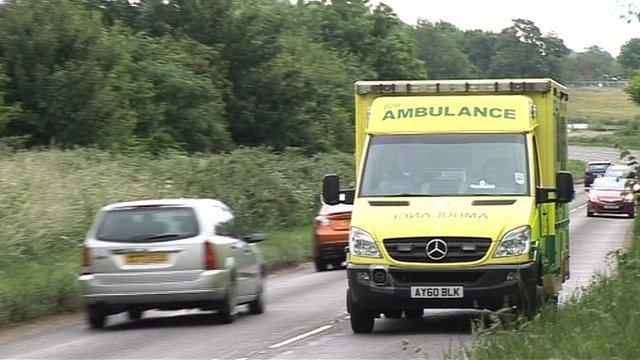Pay rise row over West Midlands Ambulance Service chief executive
- Published
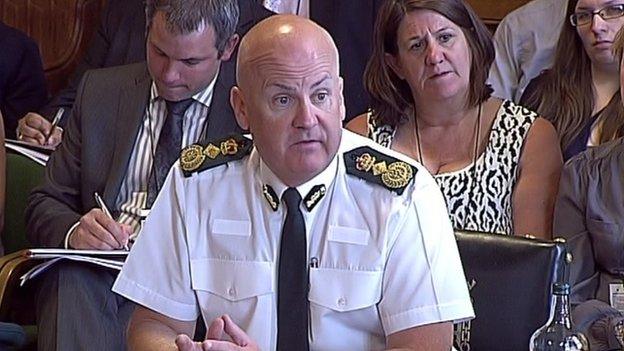
Dr Anthony Marsh took on the role of chief executive of East of England Ambulance Service Chief Executive in January
The chief executive of the West Midlands and East of England ambulance services has been criticised after seeing his annual pay rise by £50,000.
Dr Anthony Marsh took on the East of England role in January and splits his week between the two services.
His combined salary is now more than £232,000, prompting MP Tom Watson to ask if he was "the highest paid public servant you've never heard of".
The ambulance services said Dr Marsh represented a good deal for taxpayers., external
While currently based in the East for three days a week, the West Midlands Ambulance Service said Dr Marsh was representing both services "24 seven".
He previously worked five days a week for the West Midlands.
The ambulance service said the £50,000 increase related specifically to the work he had taken on in the East and meant an overall saving of £130,000 by not having two substantive chief executives.
Tom Watson, Labour MP for West Bromwich East, said: "I would like to know exactly how Dr Marsh came to be appointed to two jobs and exactly who took the decision to give him a pay rise of this size.
"The spin doctors at West Midlands Ambulance Service have not given the full valuation of Dr Marsh's package.
"Given the fact he is holding down two jobs with two different authorities, both on huge pro-rata salaries, I think a little more scrutiny is called for. I find it hard to believe that ministers would approve of such arrangements"
Missed targets
Both ambulance services have faced strong criticism in the last year.
In May, the West Midlands Ambulance Service was fined £2.6m for failing to meet targets for emergency response times.
A month earlier, a report by the Care Quality Commission found the East of England service was failing to meet four out of six key targets.
Dr Marsh's salary means he earns £90,000 more than the prime minister.
West Midlands Ambulance Service said Dr Marsh represented a combined workforce of almost 9,000 staff, who answer approximately 6,000 999 calls every day and cover a combined area of over 12,000 square miles.
It said, by comparison, the two areas were covered by 11 Chief Fire Officers and 10 Chief Constables.
- Published6 June 2014
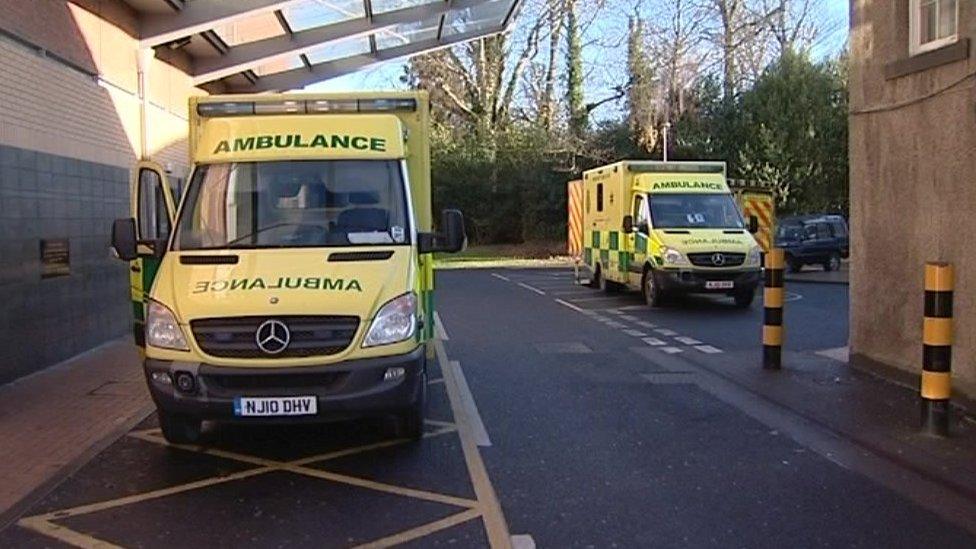
- Published14 May 2014
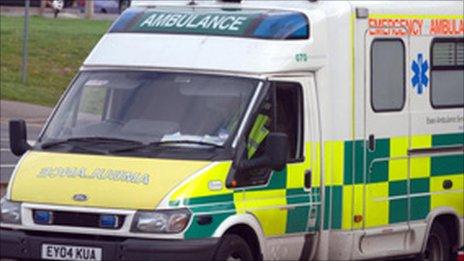
- Published9 April 2014
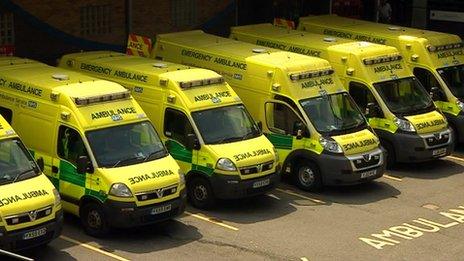
- Published19 March 2014
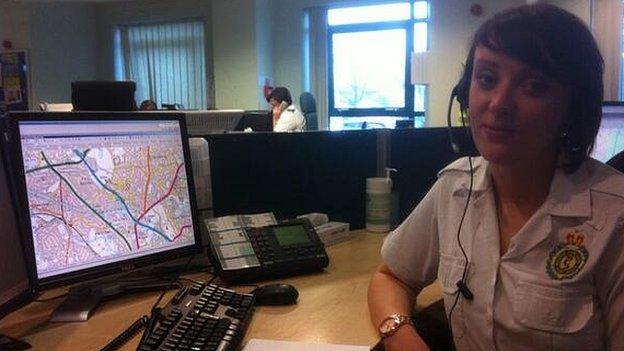
- Published17 December 2013
